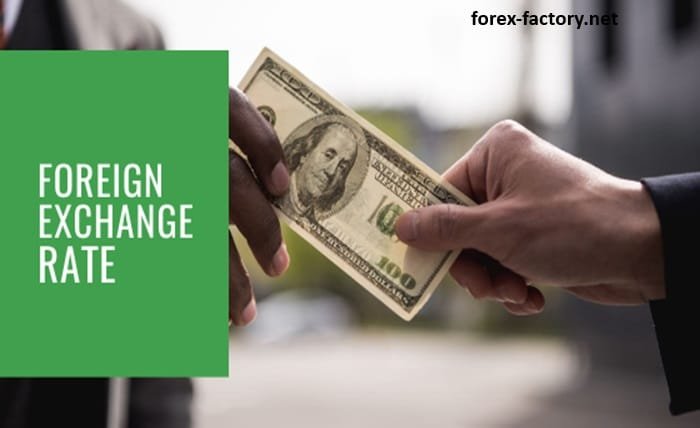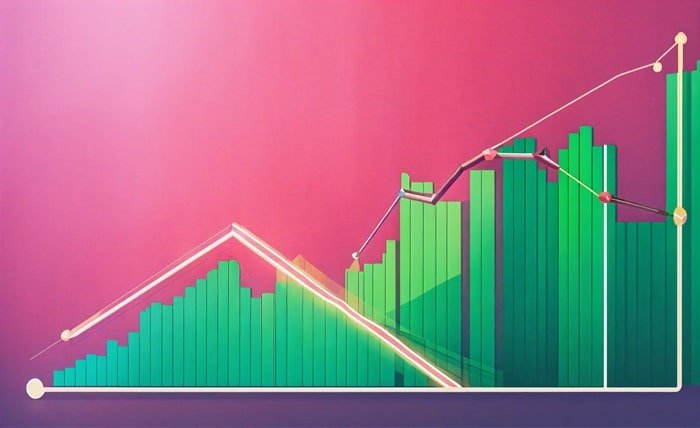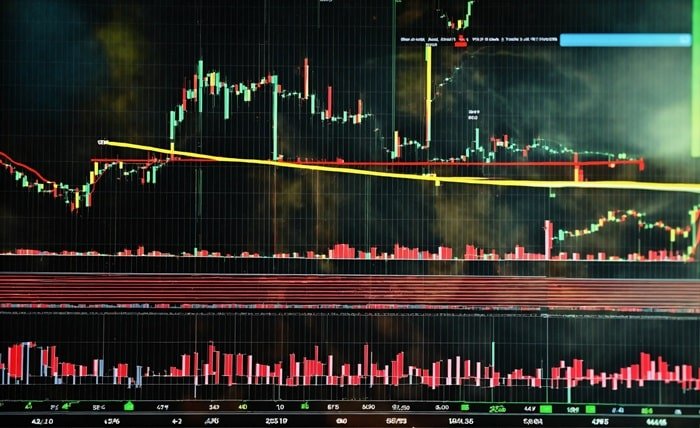The world runs on trade, and a key player in this global exchange is foreign exchange or forex. But navigating the ever-fluctuating world of forex rates can seem daunting for beginners. Fear not! This guide will equip you with the basics of understanding and utilizing forex rates.
Unveiling the Basics: What are Forex Rates?
Forex rates represent the relative value of one currency compared to another. Think of it as a price tag: how much of one currency you need to buy a specific amount of another currency. For example, the EUR/USD rate tells you how many US Dollars (USD) you need to exchange for 1 Euro (EUR).
A Marketplace in Motion: How are Forex Rates Set?
Unlike a fixed price tag, forex rates are constantly in flux, determined by a complex interplay of factors:
- Supply and Demand: Just like any market, forex rates fluctuate based on the global demand for each currency.
- Interest Rates: Higher interest rates tend to strengthen a currency as investors are attracted to higher returns.
- Economic Performance: A country’s economic health plays a significant role. Strong economies often see their currencies appreciate.
- Political Events: Political stability and uncertainty can influence currency values.
- Speculation: Currency traders can also impact rates by buying or selling large amounts of a particular currency.
The Major Players: Decoding Common Currency Pairs
The forex market trades currencies in pairs. Some of the most commonly traded pairs include:
- EUR/USD (Euro vs. US Dollar): The most traded pair globally, reflecting the economic strength of the Eurozone and the US.
- USD/JPY (US Dollar vs. Japanese Yen): A popular pair due to the stability of the Yen and the influence of the US economy.
- GBP/USD (British Pound vs. US Dollar): Reflects the economic performance of the UK relative to the US.
- AUD/USD (Australian Dollar vs. US Dollar): Often influenced by commodity prices, as Australia is a major exporter.
Beyond the Basics: Different Types of Forex Rates
There are different types of forex rates you might encounter:
- Spot Rate: The current exchange rate for immediate delivery of currencies.
- Forward Rate: An agreed-upon exchange rate for a future currency exchange.
- Bid Price: The price a currency dealer is willing to buy a currency for.
- Ask Price: The price a currency dealer is willing to sell a currency for.
Why Understanding Forex Rates Matters: Practical Applications
Forex rates impact various aspects of our lives:
- International Travel: Knowing the exchange rate helps you budget for your trip.
- Importing & Exporting: Businesses factor in forex rates when pricing goods and services internationally.
- Investing: Investors consider forex rates when investing in foreign stocks or bonds.
Staying Informed: Resources for Tracking Forex Rates
Several resources can help you stay up-to-date on forex rates:
- Financial Websites: Many financial websites offer real-time and historical forex rate data.
- Forex Brokers: Forex brokers often provide currency converter tools and market analysis.
- Financial News: Staying informed about global economic events can help you understand potential forex rate movements.
Conclusion: Navigating the Currency Landscape
Understanding forex rates equips you to navigate the ever-changing world of currency exchange. Whether you’re a globetrotter, an investor, or simply curious about the global financial landscape, keeping an eye on forex rates can empower you to make informed decisions.
Frequently Asked Questions
Q: Where can I exchange my currency?
A: You can exchange currency at banks, currency exchange bureaus, or even some airports. Rates may vary depending on the location.
Q: Do I need to be a professional trader to care about forex rates?
A: Not necessarily. Understanding forex rates can be helpful when traveling internationally, shopping online from foreign websites, or even understanding global economic news.
Q: How can I predict forex rate movements?
A: Unfortunately, forex rates are complex and difficult to predict with certainty. However, staying informed about economic events and following market trends can provide valuable insights.
Q: Is forex trading risky?
A: Yes, forex trading can be very risky. Fluctuations in exchange rates can lead to significant losses. It’s essential to do your research and understand the risks before venturing into forex trading.




